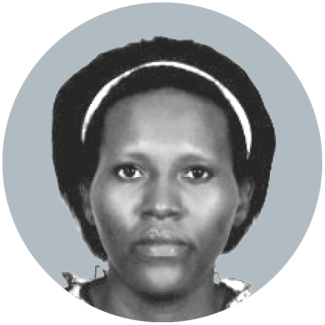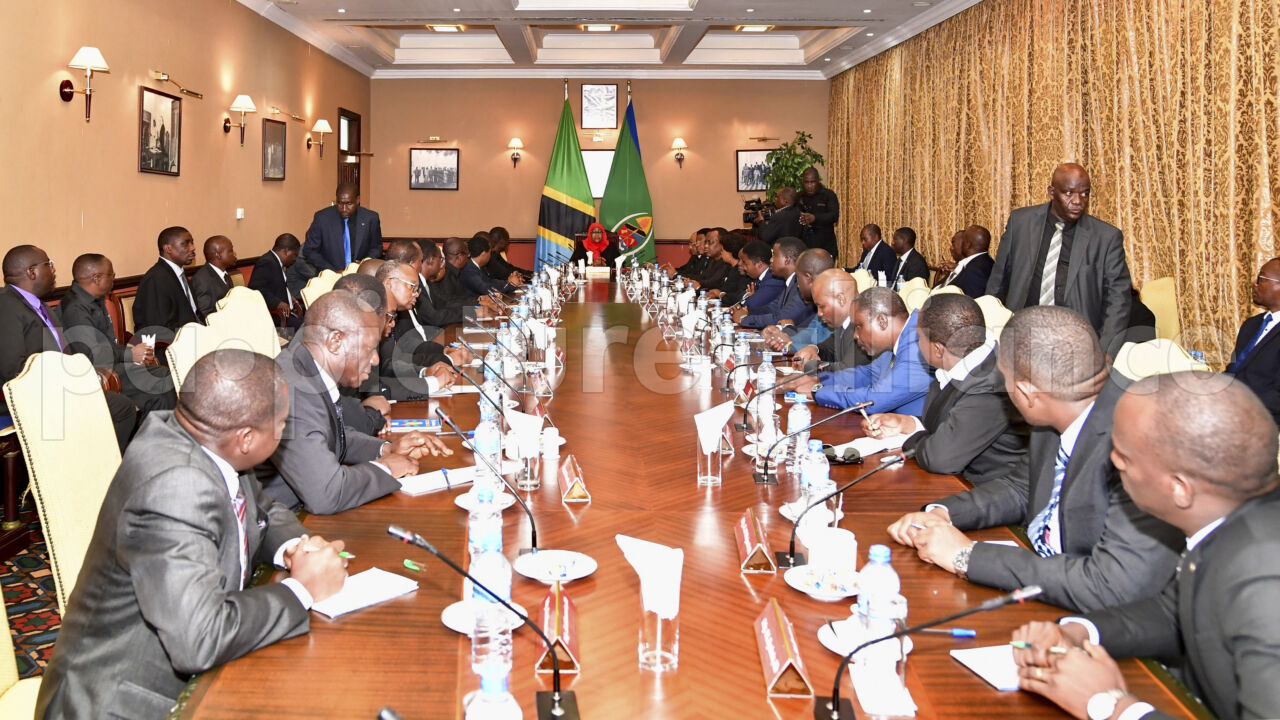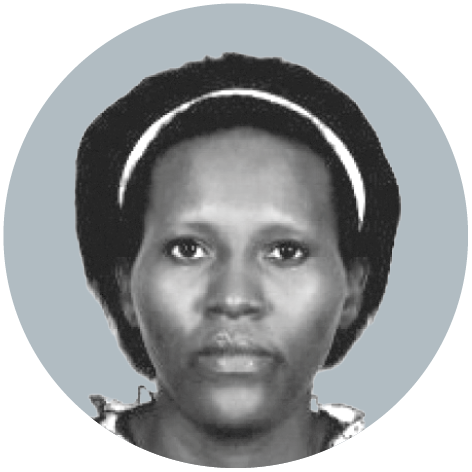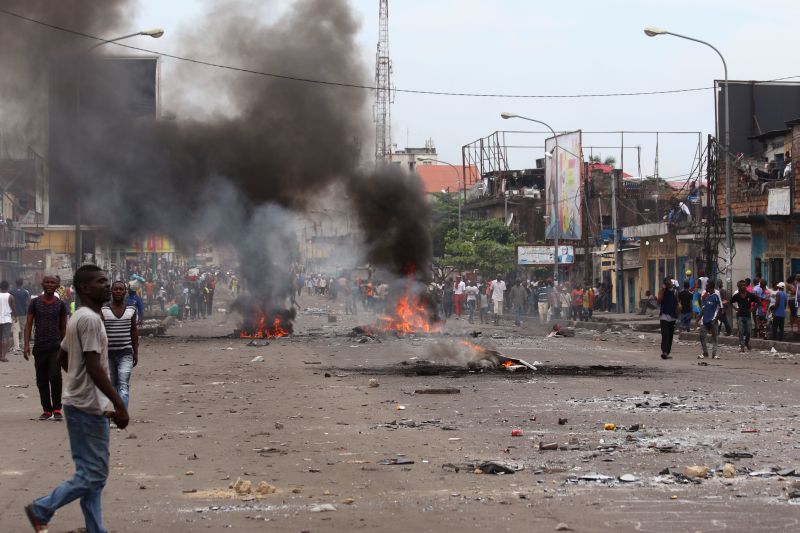Elections
Nkurunziza rules out running again
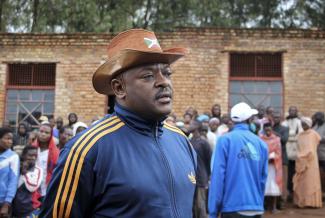
The country’s civil servants were shocked when, at the end of 2017, the Ministries of Finance and Internal Affairs issued a joint decree that required them to contribute financially to the elections. According to the decree, a portion of government employees’ salaries was to be withheld for a period of two years starting in January 2018. This money was deducted even though the decree stated elsewhere that contributions to election funding were supposed to be voluntary.
There was therefore a collective sigh of relief when President Nkurunziza announced that the necessary funding for the elections was almost in place and thanked everyone who had donated. “Since we have raised close to the target amount, further participation is strictly voluntary,” said the president on 30 June during a speech commemorating the 57th anniversary of Burundi’s independence.
The total cost of next year’s elections is still unknown. CENI, the independent national election commission, announced in June that it had submitted a budget proposal to the Ministry of Finance. Christian Kwizera, the ministry’s spokesperson has said that the equivalent of approximately $ 33 million has been made available. Five years ago, however, the entire election process cost over $ 60 million.
Presidential, parliamentary and municipal elections are scheduled for 20 May 2020. Politicians are pleased that they are all being held on the same date. Others have voiced criticism. For example Julien Nimubona, a political scientist, argues that the election of a president for a seven-year term is of national importance, so it should not be linked to electing members of parliament in specific constituencies and local-government leaders in the municipalities.
A second round of voting for the presidency is likely, and Nimubona warns that the results of the other elections might be declared void, depending on how other parties than the one of the future president fared in them.
Tensions across the entire country
Across the country, supporters of the ruling party, CNDD-FDD, and the most important opposition party, CNL, view each other with hostility. Tensions are running particularly high in the provinces of Ngozi, Muyinga and Kirundo in northern Burundi and Makamba in the south. Some local party headquarters have already been destroyed, for instance the office of the CNDD-FDD in the province of Cibitoke and the office of the CNL in Nyabiraba, a municipality in the province of Bujumbura. Tharcisse Niyongabo, the spokesperson of the Ministry of Internal Affairs, blamed the latter attack on CNL members themselves. The party denied that accusation.
Another party, Sahwanya Frodebu has complained that authorities have banned its meetings and that some of its members were arrested. Aimée Laurentine Kanyana, the minister of justice, has called on all the country’s judges to pursue cases of political intolerance. “No one is above the law,” she said.
Incumbent President Nkurunziza declared in December that he would not run for re-election, which surprised even some of his fellow party members. The decision was confirmed in May, and the CNDD-FDD announced that there would also be a new party head. It is still unclear who that will be.
In 2015, Nkurunziza ran for an unconstitutional third term, triggering mass protests. The security forces suppressed rallies in the then-capital of Bujumbura, sometimes violently. Many Burundians fled into exile. In 2018, Nkurunziza instigated a change to the constitution that would allow the president seven terms in office as opposed to the previous limit of two (see also my article in the Debate section, D+C/E+Z e-Paper 2018/07). Many people in Burundi still find it hard to believe that the president is indeed stepping down.
Mireille Kanyange is a journalist and reporter for Radio Isanganiro in Burundi.
mika.kanyange@gmail.com
